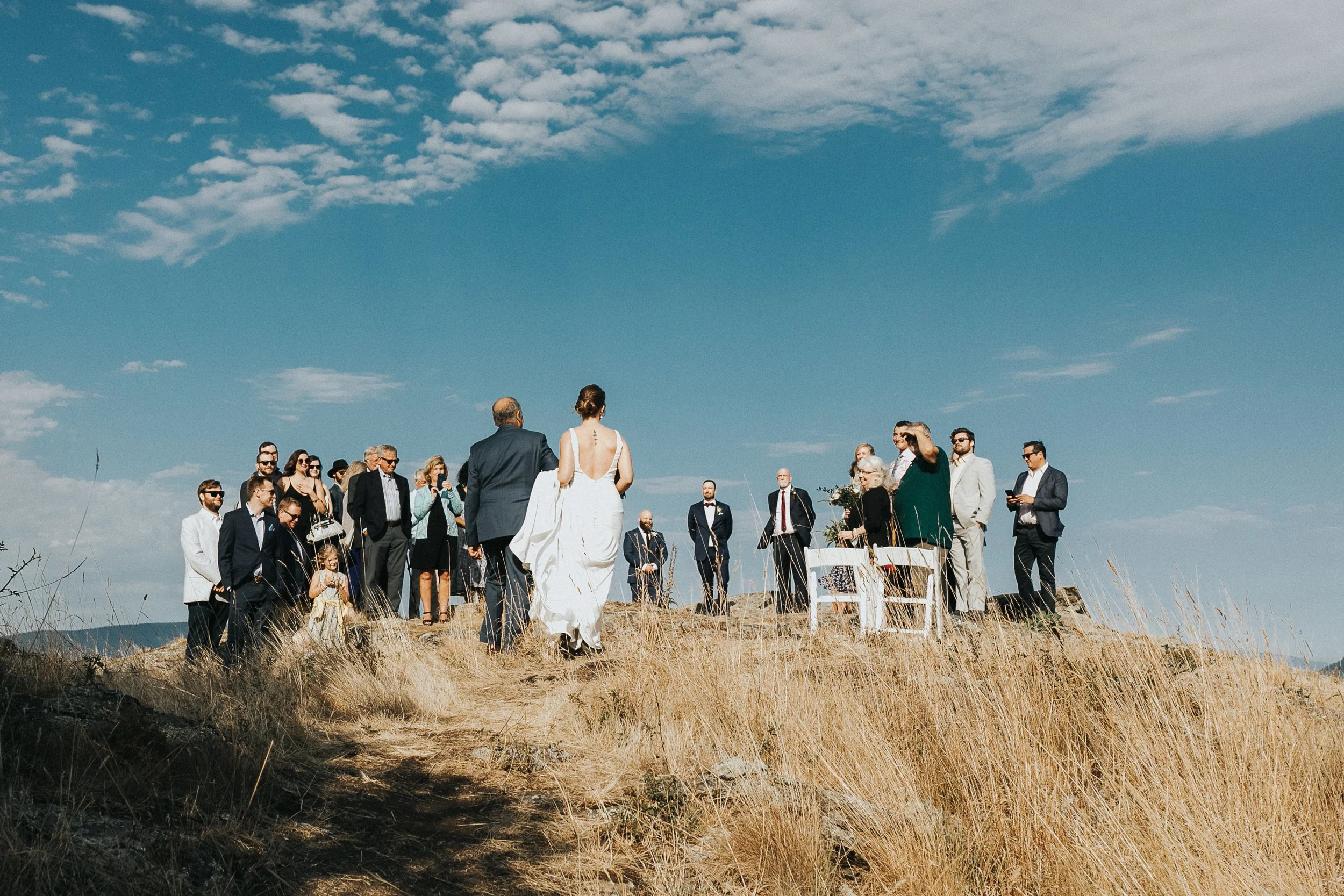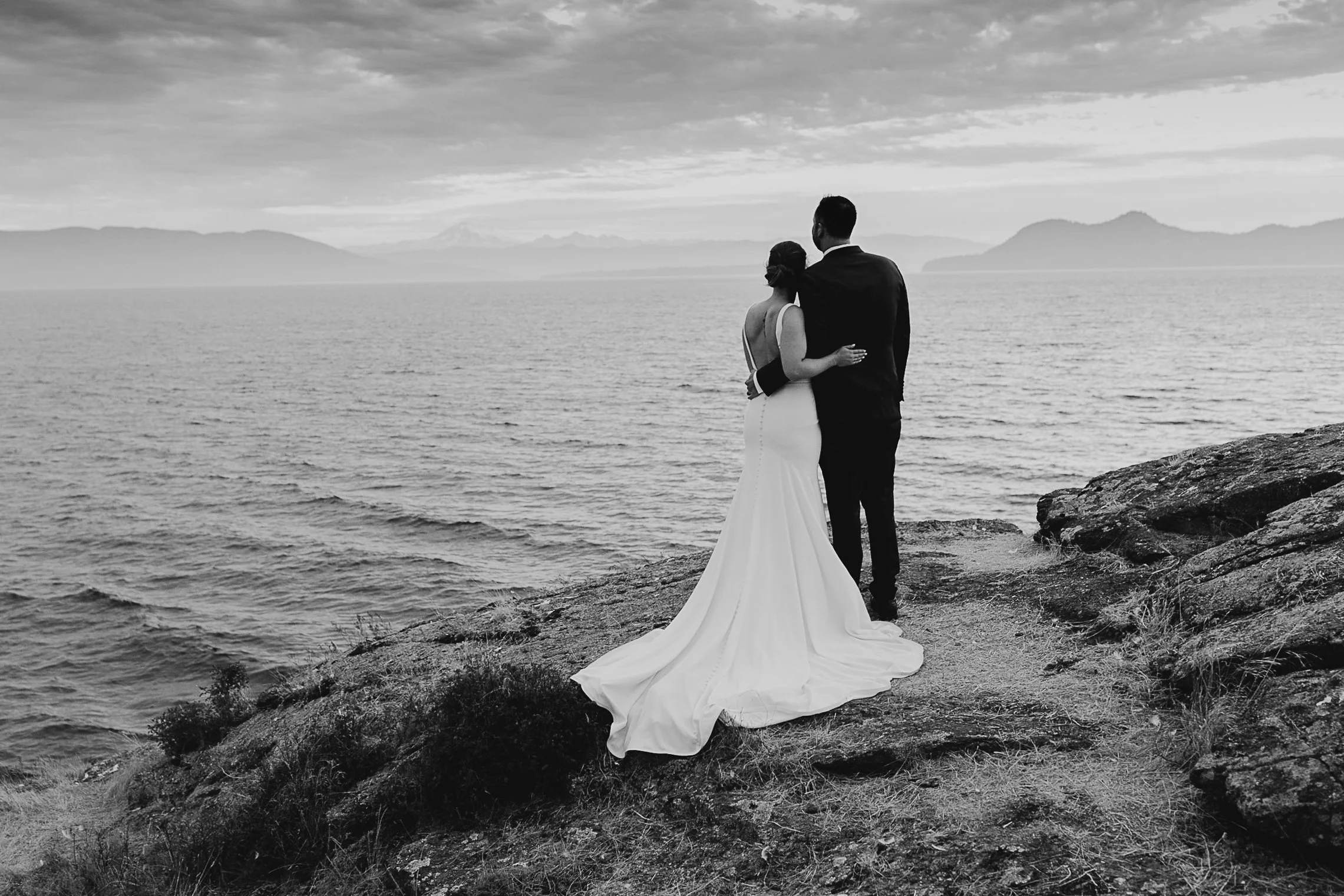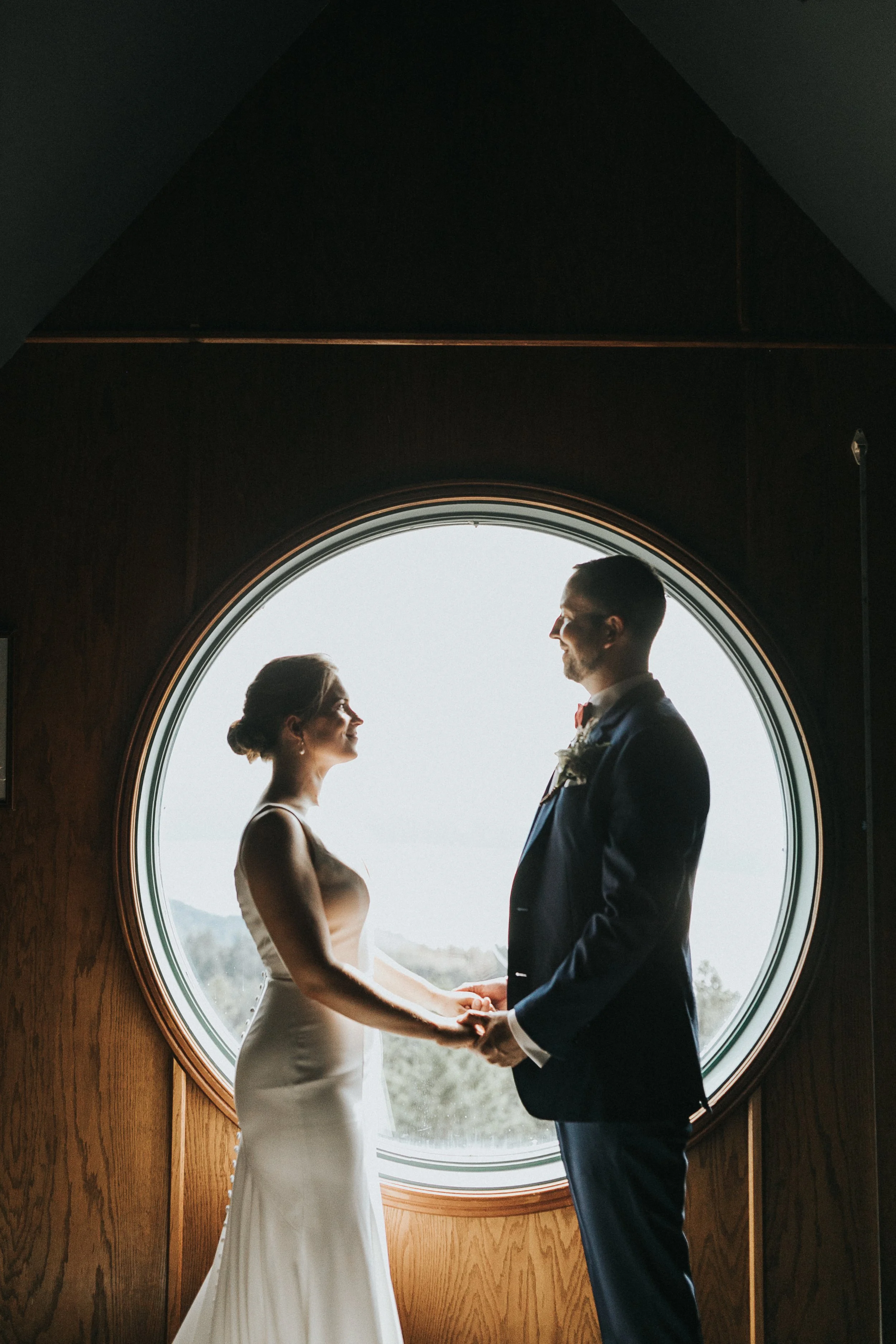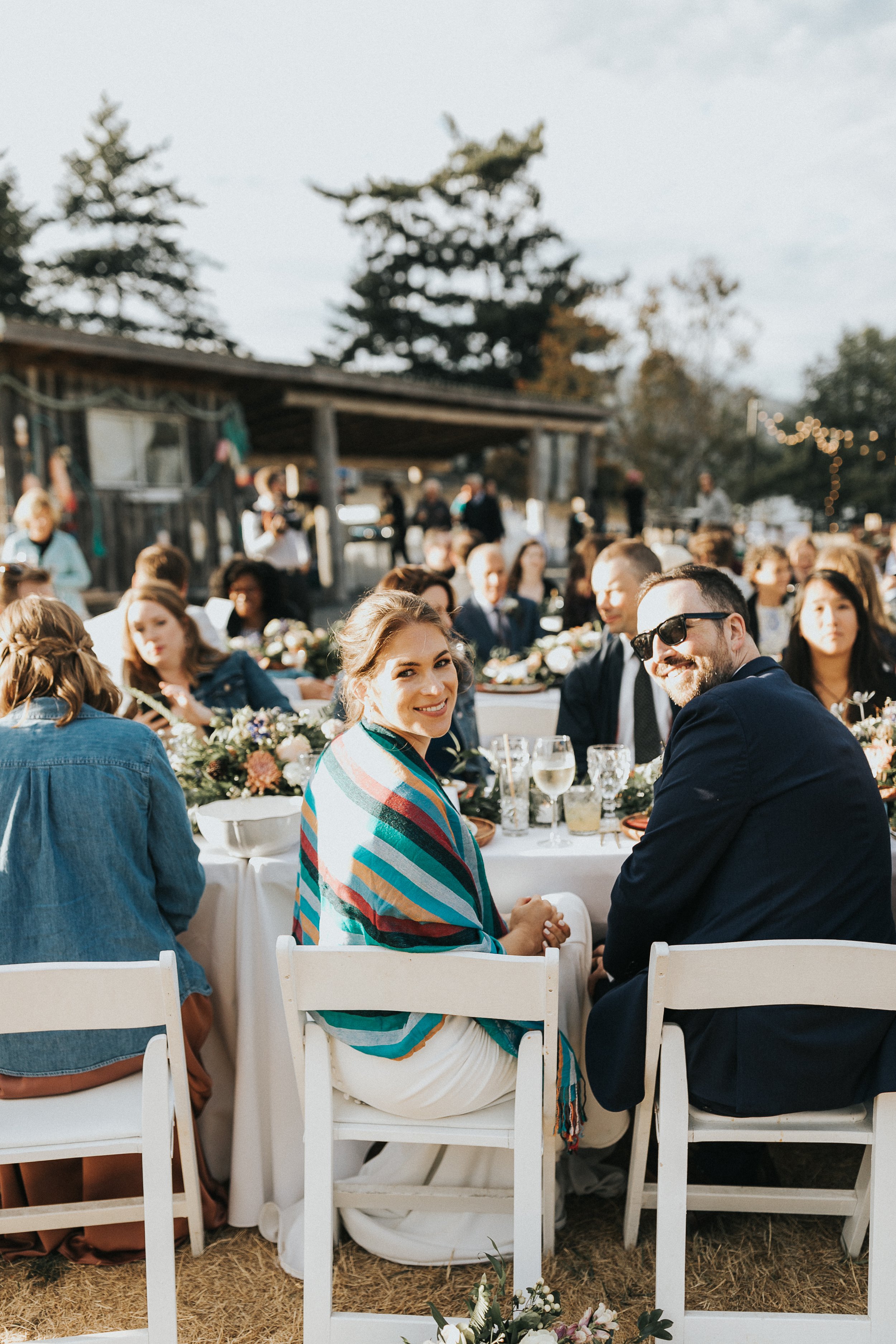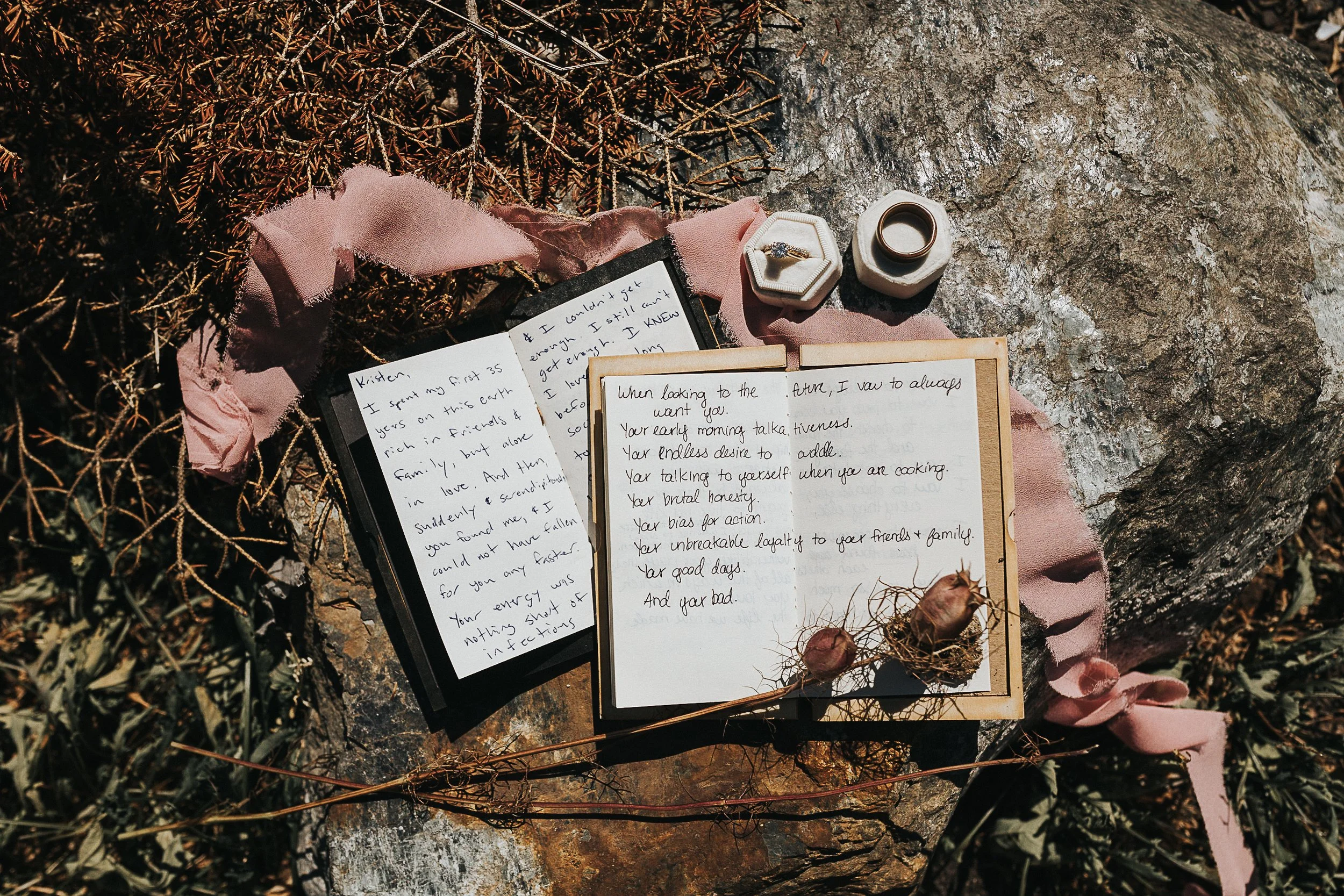Should You Tip Your Wedding or Elopement Vendors?
“How does tipping work in the wedding industry?” This is an incredibly valid question to ask. The wedding industry is a unique meld of a bunch of other industries, tied together by a shared passion for celebrating love. It’s hard to know which rules translate over, and which ones get left behind. We are thrilled to know that you are asking this question in the first place and want to plan to financially contribute to your vendors in this way. Let’s talk about tipping as part of your wedding budget and how you can create a game plan that acknowledges your vendors for the energetic bliss their work provides on your special day.
FIRST THING FIRST: TIPPING IS NOT EXPECTED.
We know there are going to be some vendors out there telling us to hush on this point, but we also don’t want to mislead anyone here. Tipping is not a standard practice in the same way as in restaurant or valet services. Many of us – especially those running our own businesses – are charging more than a minimum wage equivalent to do this work. Sure, we have to pay for our own healthcare, retirement, etc. But we should be charging an amount commensurate with making those things happen BEFORE tips are taken into consideration. Tips should be the extra on top that make our vacations a bit sweeter, or that stoke our oat milk latte habits. So before you read on, know that there isn’t an industry-wide expectation that you are failing if you cannot tip everyone for everything.
GENERAL RULE: TIP ON SERVICES.
You want to make sure your money is going to support people over things. If there was an industry-wide expectation for tipping we wanted to set, it would be to tip on services, not products. What do we mean by this? We mean that you should be looking at each proposal or invoice and determining how much money is getting paid towards people’s time and wages (often demarcated as “services”) and tipping on that total.
You will notice that some of your vendors may have a higher or lower proportion of products to services. That is very normal. If there is a higher proportion of services, it means that there are more human-hours invested by the business in making your day come to life. That is EXACTLY the thing you want to tip on. Know that it may not always be clear how these two categories divide out based on a vendor’s invoice. It’s okay to ask, especially with the intention of being able to provide a tip for their services. While you’re going to have to do a bit of math, we promise it will be worth it and the money will go to financially supporting the people showing up for and making your day happen.
TIP BASED ON LOCAL MARKET RATES.
Being Seattle-based, we recognize that not every market tips at a baseline of 20% on services. If you live in or are familiar with the market rate for tipping in which you are getting married, use that scale as your standard for choosing your tipping rates. If you are unfamiliar with the tipping protocol in your wedding market, don’t be afraid to do some research or ask a vendor you trust. Remember that whatever the standard rate in your area is, that equates to a job well done. If you have vendors that went above and beyond for you, then consider going above and beyond for them when deciding your tip rate.
Also know that, if a wedding professional is the owner of their company, then no tip is expected. For example, if the catering company and head chef for your wedding are the same person, then a tip is not expected by them. However, you will want to tip the rest of the staff that they have hired, which is where referencing the service-based fees on your proposal are helpful. If your planner owns their own company but enlists the help of other staff during the process, then any tip you give will be distributed to the staff in proportion to the support they offered. If a florist owns and operates their own business and is the sole artist on site the day of your event, then no tip is expected.
Here are some industry standards for tipping that generally apply across most markets:
Planners: up to $500
Photo/video: up to $200
Florist: up to $200
Hair + makeup : 15-20%
Transportation: 15-20%
Officiant: $100-$500
Ceremony musicians: $10-$20 each
Band: $20-$50 each
DJ: $25-$150
REMEMBER THAT THE TIP IS AN ENERGETIC EXCHANGE.
Some may be reading this article and thinking, “Wow, I didn’t account for the amount of tipping that this article recommends.” That’s okay: whether it’s your first time getting married or not, chances are that tipping in the wedding industry is not something you commonly think about. We think it’s important to remember that a tip is an energetic exchange. It’s saying, “Thank you, we appreciate you so much and acknowledge the efforts you have made to put together this one-in-a-lifetime experience for us” directly to your vendors. There are many ways that you can express those feelings and they do not always have to be in the form of money. Here are a few examples of how couples have expressed their gratitude to us that felt like an energetic tip:
A thoughtful gift basket or package with goods curated to our shared interests
A kick-ass review that landed on multiple listings for future couples to see
A heartfelt thank you card with a tip that lands within the couple’s means
Acknowledgements of our work throughout the relationship that uplift our spirits
KNOW THAT YOU CAN CHANGE YOUR MIND.
There are some vendors who you work with fairly thoroughly before your celebration launches. Those are the vendors you likely feel confident about tipping by the time your wedding day rolls around, as much of the working relationship has already transpired. There are other vendors whose bulk of the work or value comes about on the day of your wedding. It’s understandable if you want to see how the service plays out before handing them a tip. Know that there are a lot of ways that your planner or coordinator can help you manage your tips on the day of your celebration. We recommend one of two strategies:
Varying tip envelopes:
Have a tip envelope for each vendor you want to provide a tip to. Inside, include a few checks with a sliding scale of tip for the vendors whose services you want to see play out (for example, one at 10%, one at 20%, and one at 30%). Have your coordinator check in with you at the end of the meal and before the dancing takes hold to make a call on which tip rate you want to provide to each vendor. Have your planner hand that check to the vendor and either shred or return the other two checks to your care.
Planner advised tipping:
If you do not want to mentally manage multiple checks, we understand! Instead, you can have one envelope for each vendor with their tip on a separate check or in cash. For those who you want to wait and make the call on, pre-fill the check but leave the amount blank. Before the big day, discuss with your planner/coordinator what amount correlates to which rate so that you both are on the same page about what to tip pending the level of service. Set a check-in time with your planner/coordinator on the big day to establish what rate you would like to tip at and have them fill in and deliver the check for you. If you need a little advice to help decide (because you’re too busy celebrating love), we will always provide you with honest insight to make the process quick and easy!
Photos courtesy of Beginning and End Photo.
By the end of this article, our only hope is that you feel clear and confident about creating a tip plan with your partner that feels aligned with your wedding budget and your vendor relationships.

